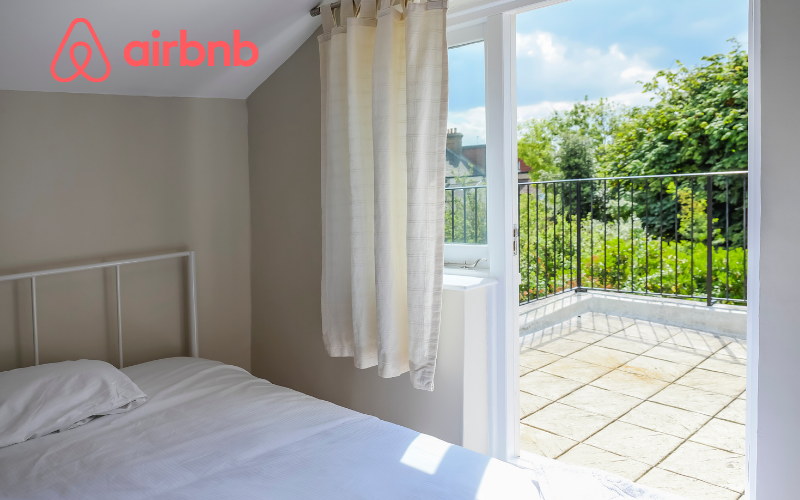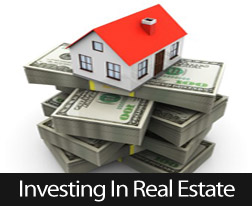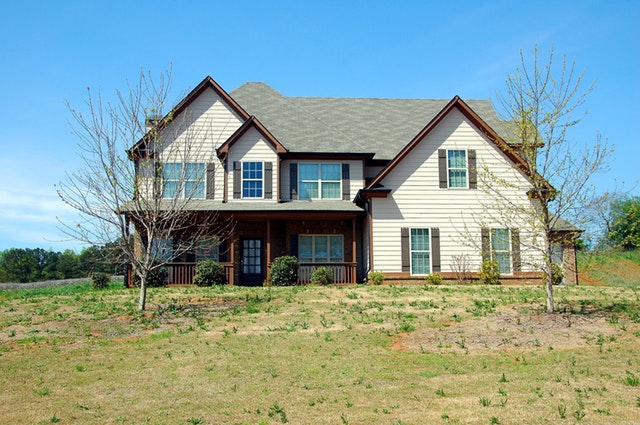How to Invest in Property with a Crowd
 Real estate has long been considered a lucrative investment, but for many, the barriers to entry can be daunting. Enter real estate crowdfunding, a game-changing concept that allows investors to pool their resources and collectively invest in property. This innovative approach has democratized real estate investing, making it accessible to a broader audience. In this guide, we’ll explore the ins and outs of real estate crowdfunding and provide you with the tools to navigate this exciting investment avenue.
Real estate has long been considered a lucrative investment, but for many, the barriers to entry can be daunting. Enter real estate crowdfunding, a game-changing concept that allows investors to pool their resources and collectively invest in property. This innovative approach has democratized real estate investing, making it accessible to a broader audience. In this guide, we’ll explore the ins and outs of real estate crowdfunding and provide you with the tools to navigate this exciting investment avenue.
Understanding Real Estate Crowdfunding:
Real estate crowdfunding involves a group of investors coming together to fund a real estate project. This can range from residential and commercial properties to development projects. The process is facilitated by online platforms that connect investors with real estate opportunities. Investors can contribute varying amounts, making it an inclusive way to get involved in the real estate market.
Key Benefits of Real Estate Crowdfunding:
Diversification: Real estate crowdfunding allows investors to diversify their portfolios by spreading investments across different properties and projects.
Accessibility: Unlike traditional real estate investments that often require substantial capital, crowdfunding platforms enable individuals to invest smaller amounts, reducing the barrier to entry.
Passive Income: Investors can earn rental income and potential profits from property appreciation without the hands-on responsibilities of property management.
Transparency: Crowdfunding platforms provide detailed information about each investment opportunity, giving investors transparency and insights into the potential risks and returns.
Reduced Risk: By spreading investments across multiple properties, investors can mitigate risk compared to putting all their capital into a single real estate venture.
Steps to Invest in Real Estate Crowdfunding:
Research Platforms: Explore different real estate crowdfunding platforms to find one that aligns with your investment goals and risk tolerance. Consider factors such as the platform’s track record, fees, and the types of projects they offer.
Due Diligence: Thoroughly research and analyze the investment opportunities presented on the platform. Assess the property’s location, market trends, and the track record of the project developers.
Risk Assessment: Understand the risks associated with each investment, including market fluctuations, property-specific risks, and the potential for project delays.
Create an Account: Sign up on the chosen crowdfunding platform, provide the necessary information, and complete any required accreditation process.
Diversify Your Investments: Spread your investments across different types of properties and projects to minimize risk and increase the potential for returns.
Monitor Your Investments: Stay informed about the progress of your investments through the platform’s updates and communications. Be aware of any changes in the market or the specific conditions affecting your investments.
Real estate crowdfunding has revolutionized the way individuals can participate in the lucrative world of real estate investing. By leveraging the power of the crowd, investors can access opportunities that were once reserved for large institutional players. As with any investment, thorough research, due diligence, and a diversified strategy are key to success. With the right approach, real estate crowdfunding can be a rewarding avenue for generating passive income and building long-term wealth.

 If you are looking for a way to diversify your investments, you might be thinking about buying a rental property. One of the most common rental options is AirBnB. Given the number of people who use AirBnB, this could be a great way to generate a steady stream of short-term renters. On the other hand, can you take out a loan to buy an AirBnB property?
If you are looking for a way to diversify your investments, you might be thinking about buying a rental property. One of the most common rental options is AirBnB. Given the number of people who use AirBnB, this could be a great way to generate a steady stream of short-term renters. On the other hand, can you take out a loan to buy an AirBnB property? Do you want to invest in real estate? If you are buying property as a real estate investor, there are a number of important factors to consider. Take a look at some of the most important factors to think about before you decide to sign your closing papers.
Do you want to invest in real estate? If you are buying property as a real estate investor, there are a number of important factors to consider. Take a look at some of the most important factors to think about before you decide to sign your closing papers. Investing in real estate remains one of the best ways to accumulate wealth in America. There are six ways to get started in real estate investing. One way does not require any investment capital, just an investment of your time. Ways to get started include investing in a REIT, buying an incoming-producing property, using a buy-and-hold strategy, flipping houses, crowdfunding, and wholesale deals.
Investing in real estate remains one of the best ways to accumulate wealth in America. There are six ways to get started in real estate investing. One way does not require any investment capital, just an investment of your time. Ways to get started include investing in a REIT, buying an incoming-producing property, using a buy-and-hold strategy, flipping houses, crowdfunding, and wholesale deals. A 1031 tax exchange is a legal way to defer paying capital gains when selling a property and then buying a “like-kind” property within the allowed period. The time limits allowed are 45 calendar days after the close of the sale of the first property to identify the like-kind property for acquisition and then close the purchase transaction to complete the 1031 exchange within 180 calendar days.
A 1031 tax exchange is a legal way to defer paying capital gains when selling a property and then buying a “like-kind” property within the allowed period. The time limits allowed are 45 calendar days after the close of the sale of the first property to identify the like-kind property for acquisition and then close the purchase transaction to complete the 1031 exchange within 180 calendar days.